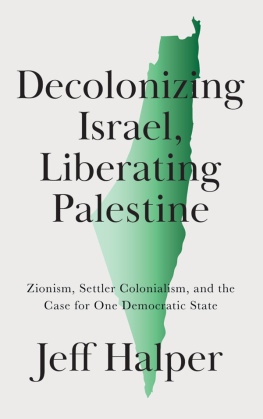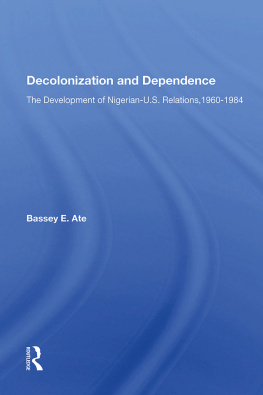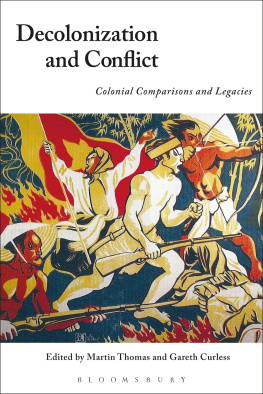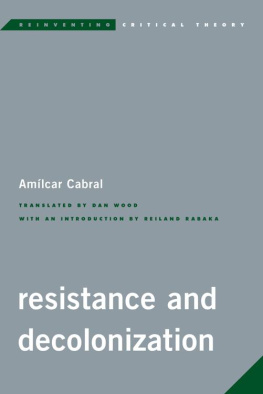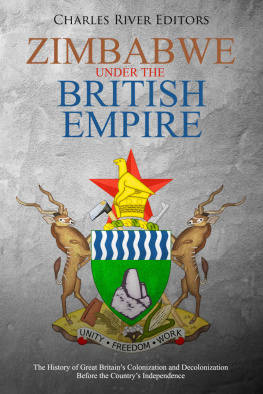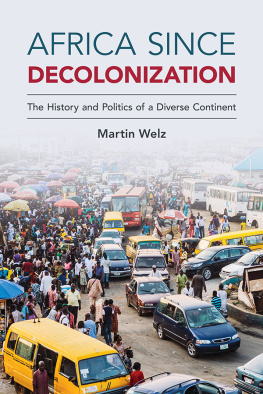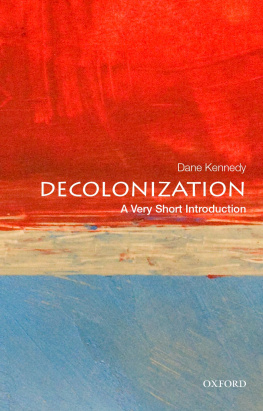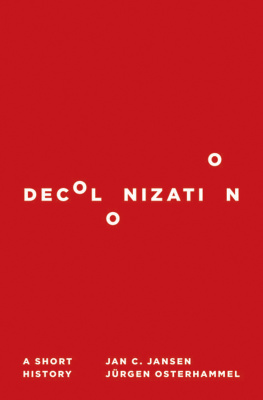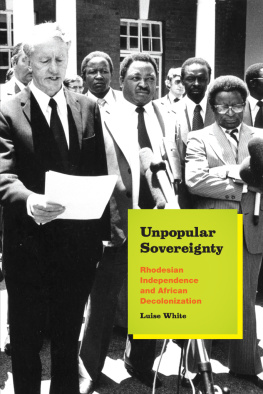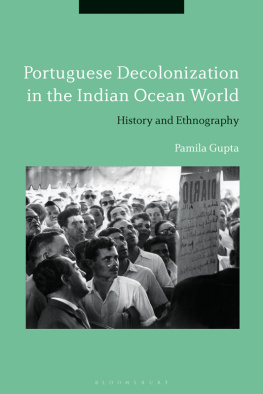THE MAKING OF
ZIMBABWE
Decolonization in Regional and International Politics
M. TAMARKIN
Tel Aviv University, Israel
First published 1990 in Great Britain by
FRANK CASS & CO. LTD.
2 Park Square, Milton Park,
Abingdon, Oxon, OX14 4RN
in cooperation with the
Moshe Dayan Center for Middle Eastern and African Studies,
Tel Aviv University
and in the United States of America by
FRANK CASS
270 Madison Ave,
New York NY 10016
Transferred to Digital Printing 2006
Copyright 1990 M. Tamarkin
British Library Cataloguing in Publication Data
Tamarkin, M.
The making of Zimbabwe: decolonization in regional
and international politics
1. Zimbabwe. decolonization, 19441980
I. Title
968.9104
ISBN 0-7146-33550
Library of Congress Cataloging-in-Publication Data
Tamarkin, M.
The making of Zimbabwe : decolonization in regional and
international politics / M. Tamarkin.
p. cm.
Bibliography: p.
Includes index.
ISBN 0714633550
1. ZimbabwePolitics and government19651979.
2. DecolonizationZimbabwe. I. Title.
DT962.75.T36 1990
All rights reserved. No part of this publication may be reproduced, stored in a retrieval system, or transmitted in any form, or by any means, electronic, mechanical, photocopying, recording, or otherwise, without the prior permission of Frank Cass and Company Limited.
INTRODUCTION
This is essentially a study in decolonization. Analytically, I approach the subject as a conflict resolution process. From this perspective 1974 was chosen as a point of departure because, following the decolonization of the Portuguese colonial empire, the uniqueness of the decolonization of Rhodesia became more apparent and the conflict began to realize its full potential. In order to capture the essential dimensions of the conflict resolution process and its dynamic qualities, I have employed three analytical concepts: (1) The goals continuum; (2) The strategic options continuum; (3) The interaction within and between the three levels of the conflict system. The concept of a continuum is being used because it facilitates capturing the dynamic quality of the conflict resolution process. Political phenomena, especially in such a context, are anything but static. Inherent in the continuum concept is the notion of a movement between its poles. Locating the different participants in the conflict resolution process on either continuum is vital to the understanding of the essence and evolution of the process. The interaction within the conflict system, which reflected the input of the different actors involved, provided the impetus, which in turn accounted for the intensity and the course of the process.
(1) The goals continuum. At the root of the conflict lay the diametrically conflicting goals of the ruling white minority and the African nationalist movement. From the colonial perspective, Rhodesia, as part of the British colonial sphere, represents a unique case. After the Second World War, the goal of Britains colonial policy in Africa was not the preservation of formal colonial rule. Britain, in fact, initiated the process of decolonization. The anti-colonialist struggle which ensued was rather about the modalities and pace of the decolonization process. Essentially Britains goal was to implement its decolonization policy in a responsible and orderly manner, and in such a way as to socialize the emerging nation-states into an informal British sphere of influence. Consequently, at the level of the ultimate goals, the gap between the British and the African nationalists was not very wide. In Rhodesia, because of the unique nature of the settler-colonial state, the settler-colonial goal was the preservation of unmitigated white political supremacy and white economic and social privilege. The African nationalist response to this unyielding position was the articulation of the goal of unqualified black majority rule. These were then the two poles of the goals continuum. The dynamic quality of the conflict resolution process was manifested, as the process unfolded, in shifts along this continuum. The half-way point, which can assist in determining the extent of these shifts, was the concept of power-sharing on the basis of parity. Viewed from the vantage point of white supremacy, any solution which went beyond the half-way point was tantamount to black majority rule. Viewed from the opposite pole, any solution beyond the half-way point was essentially white minority rule. In fact, the insistence of the whites on supremacy shifted the goals of some nationalists even further. There were those who transformed the goal of the struggle from mere decolonization to de-imperialization, aspiring not only to capture the political kingdom but also to effect a radical, revolutionary transformation of the economy and the society. The settlement which was concluded at Lancaster House at the end of 1979 represented a compromise which can be located between the half-way point and the pole of unqualified black majority rule, albeit closer to the latter.


